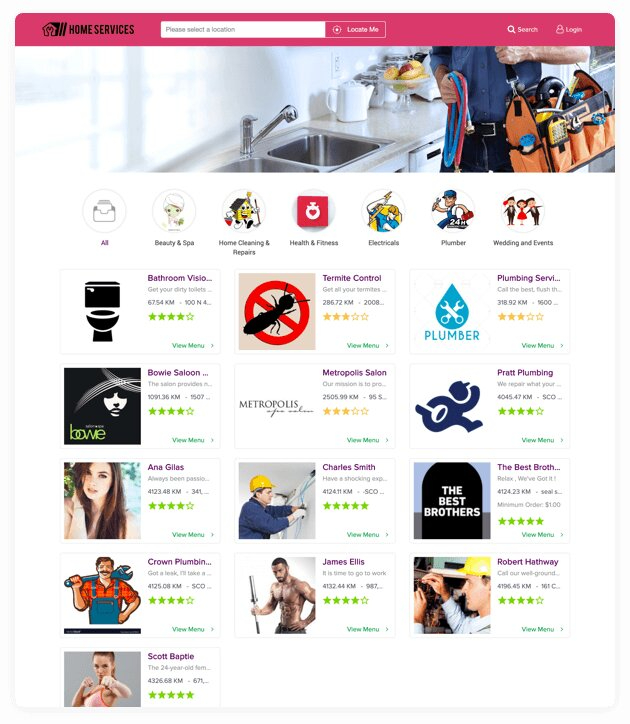One thing that’s true for any business is that adaptability is one of the most important traits. No matter if the company is big or small, it’s the ability to adapt itself as per the changing business dynamics and consumer trends that keep them in the game. This is why digitization is becoming a necessity.
Sales performance management, or SPM, is responsible for planning, managing, and analyzing the sales performance of a company at scale. This is a vital digitization process for consumer-facing companies and companies that want to improve their sales numbers.
What is Sales Performance Management?
SPM is a set of analytical functions and operations that improve the overall efficiency of a sales team by merging the back-office operational sales processes. Incentive management, quota management, advanced analytics and more make up the sales performance management cycle.
Sales leaders use tools and strategies to assess the performance and raise the effectiveness of their sales teams. A sales strategy consists of different interlocking parts and what happens in one part, influences the result in another.
Why is sales performance management important?
Apart from the product or service being sold, how the product is being sold also matters. A great sales team working with an exceptional sales strategy can sell anything to its customers. This is why it is important for sales managers to draft a sales strategy that can move their company ahead of the competition and attract more customers.
SPM comes in handy in this stage as it allows sales managers to create strategies for every part of the sales process including engagement, forecasting, insights, incentives, and more. These new strategies and techniques will help organizations be successful.
Tips for increasing sales performance
Get inputs from everyone
Sales managers have the responsibility of managing a group of sales reps and keeping them motivated. Getting feedback from people above and below the hierarchy can help them in making insightful and effective decisions.
Incentives based on what the employees want and would appreciate have a great effect on productivity. Forward-thinking sales managers strengthen their sales strategies by subjecting them to peer review.
Have a transparent sales strategy
Having set goals not only encourages sales reps to work harder to achieve them, but also gives them a clear path to work on. Without a transparent sales strategy and assigned roles and responsibilities of everyone involved in the sales process, businesses can’t improve their bottom line. Keep your salespeople in the loop of any changes or shifts in the strategy and build a sense of trust with them.
Review and adapt
There isn’t a fixed sales strategy that works for every company. Businesses are dynamic and so should be the sales strategies. Sales leaders should regularly review how their sales team is performing and whether the plan is working or not. It can happen by gathering data and analyzing past performance.
Provide analytical feedback
While verbal encouragement is great for motivating an employee, feedback backed by data helps them in bringing realistic improvements. Enabling salespeople to see their performance, how many deals they closed, what is their real-time incentive, how much revenue they generated, and other metrics gives them statistical insight into how to close deals more efficiently.
Must read: Sales Incentives for Call Center Employees
Automation is key
Digitization has become absolutely necessary in the sales funnel. Gone are the days when leads, contacts, closed deals, customer journeys, and more were stored manually or in spreadsheets. Automation is the key to the future and sales managers need to incorporate it into their sales strategies.
Using software that can gather data from sales teams and perform complex calculations to suggest better decisions can be of a lot of help to a sales manager. These solutions can help in employee management, evaluating performance, and improving the overall efficiency of the entire sales organization.
Sales performance management software
There are several SPM software that can help organizations in improving their sales performance management. These software provide access to real-time data to sales managers so that they can monitor, plan, and react according to the changing business objectives.
Access to data also helps in getting one step ahead of the competition and using predictive analytics to forecast future scenarios. This will make the organizations be ready for a number of events beforehand while the competitors will still be figuring out what’s happened.
Every business strives to become so streamlined that losses can be reduced to the minimum possible amount. New age sales performance management systems aim to do just that by bringing everyone involved in the sales process together to collaborate and improve their performance. It automates manual tasks, reduces errors, provides helpful feedback, and takes into consideration every idea put forward by the team. Customers are ever-evolving and their demands will keep on changing as well, it’s time for companies to change with the customer or be left behind.





